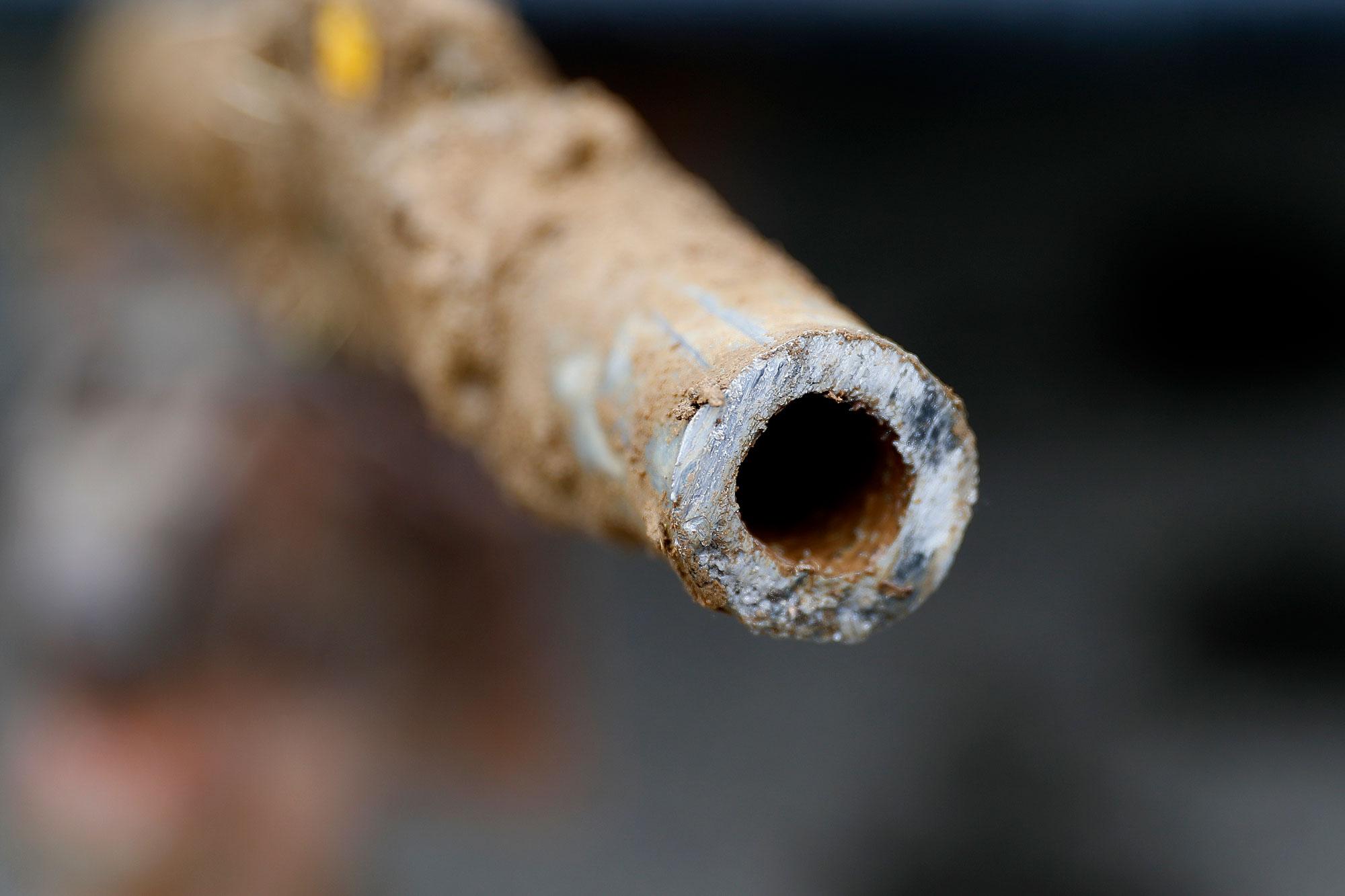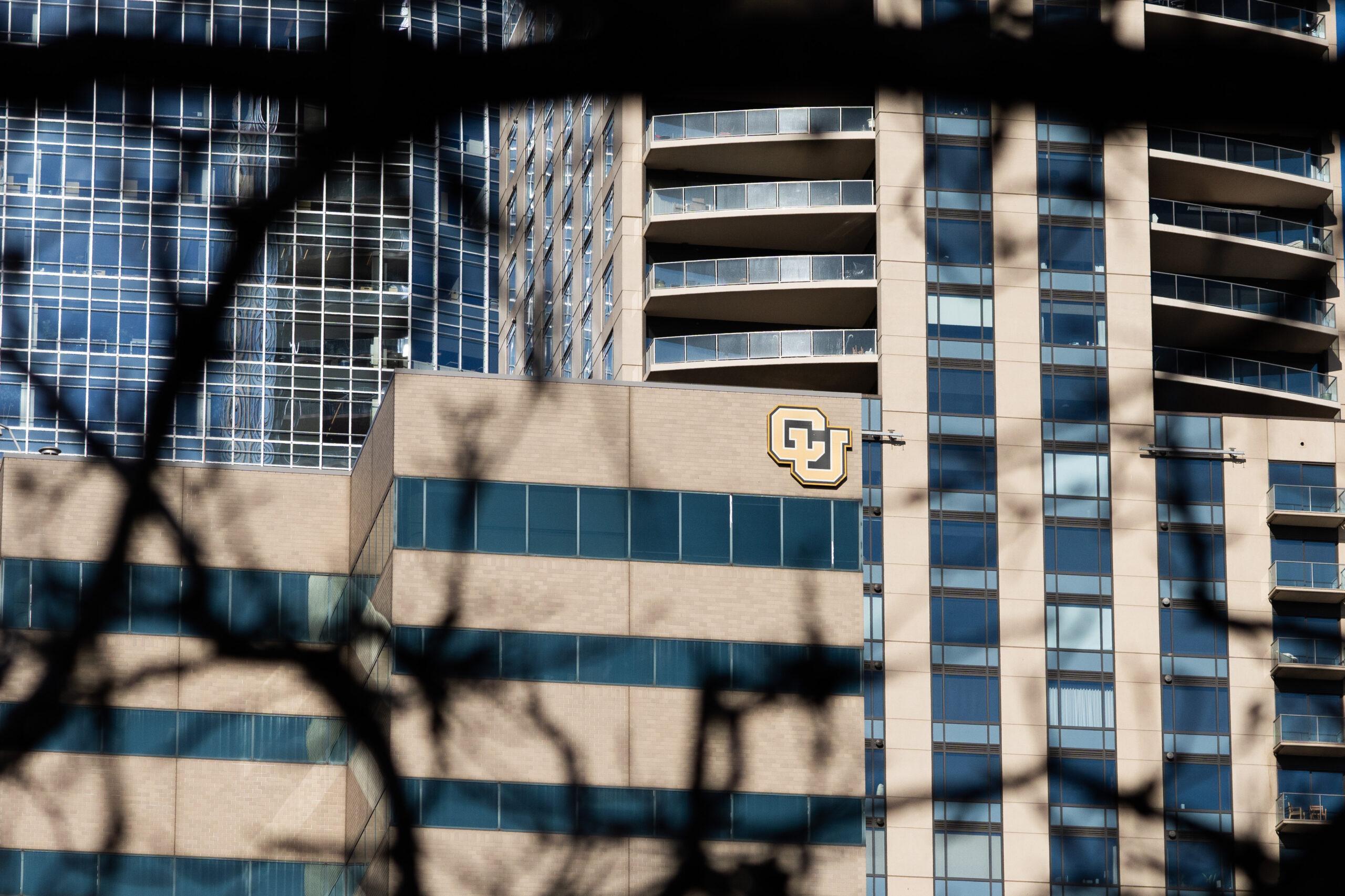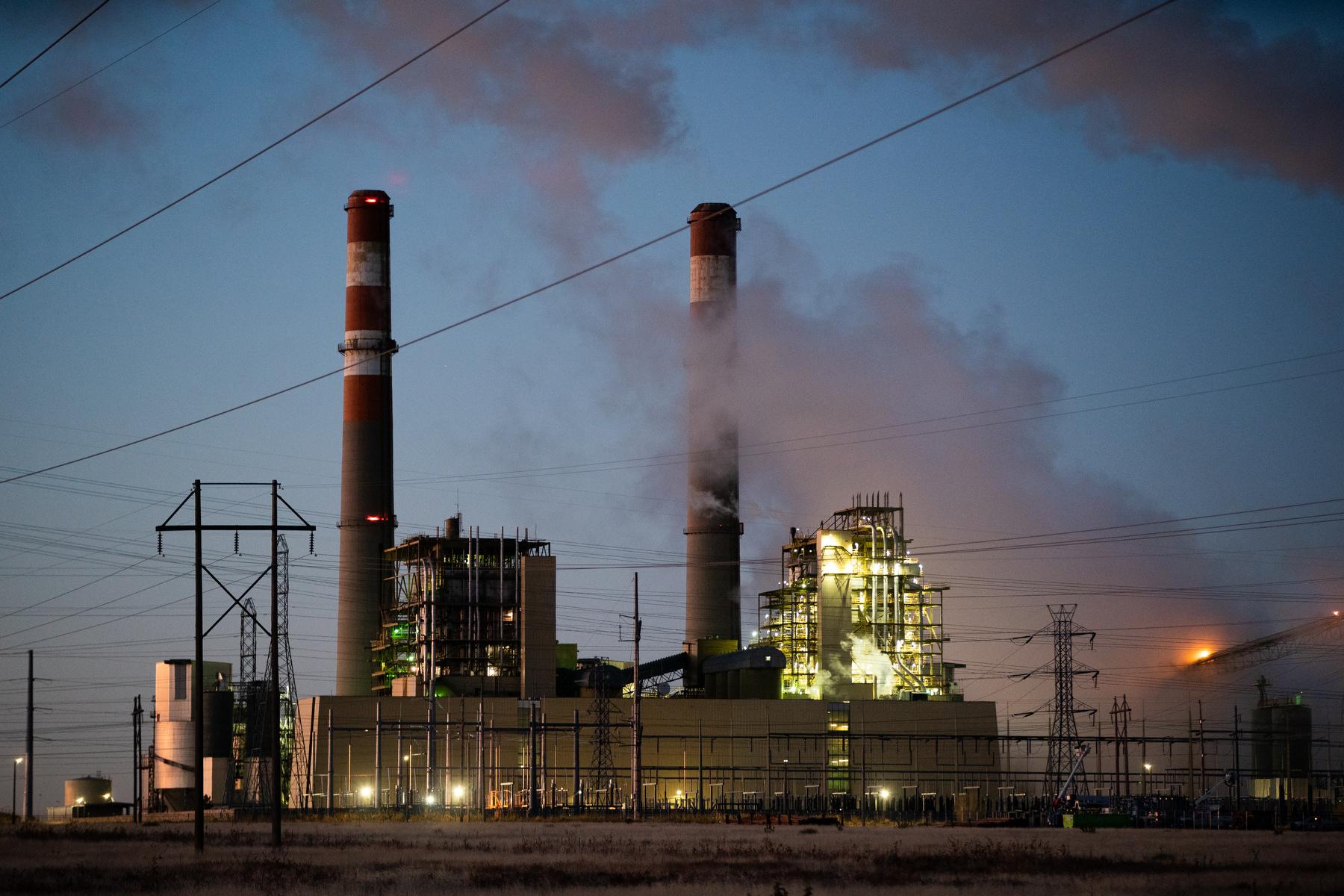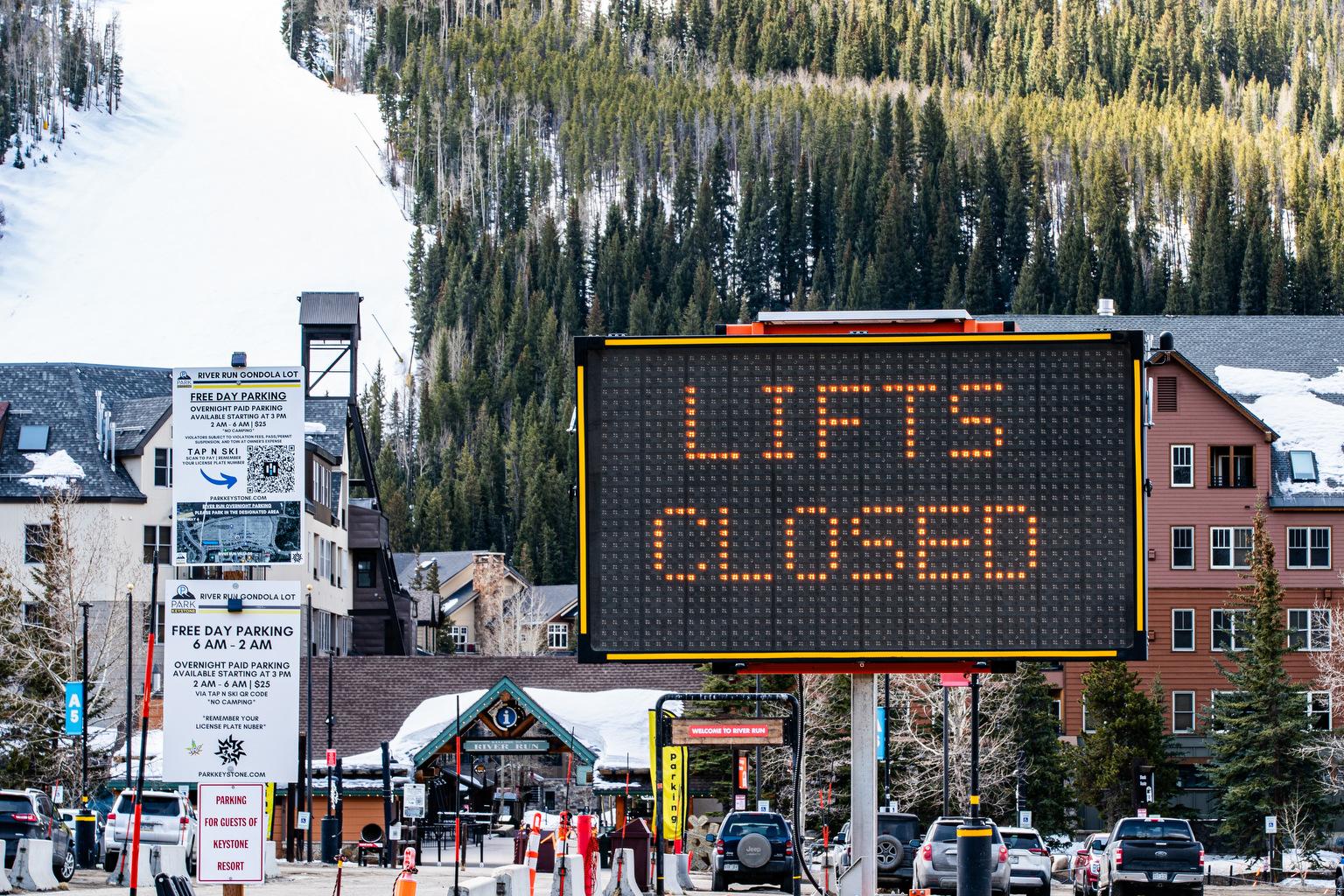
Denver Water wants to get rid of the last of the old lead pipes that still connect upwards of 90,000 Denver homes to the city’s main waterline. They would be replaced with copper lines over the next 15 years, at a cost of over $500 million.
And Denver Water is on a deadline to get something done. The Colorado Department of Public Health and Environment has directed Denver Water to add something called “orthophosphate” to the system by March 2020. Orthophosphate creates a coating inside service lines, which prevents the leaching of lead.
But Denver Water wants to avoid that solution, and is proposing an alternative solution.
“[Orthophosphate] creates environmental impacts to watersheds, and ultimately doesn’t solve the root cause of the problem which is the lead service lines themselves,” said Jim Lochhead, CEO of Denver Water. “So we’re proposing an alternative approach of adjusting the pH of the water, and distributing filters to all the homes that are either known or suspected of having led service lines. And then doing an accelerated program of going in and removing those lines all together.”
The EPA has to approve the plan before it can move forward.
The Environmental Defense Fund applauded Denver Water’s version of the lead-removal plan. Tom Neltner, the chemicals policy director for the fund, said it’s one of the most comprehensive in the country.
“If you’re a utility trying to prevent environmental justice concerns, whether to low income or minority, you have to be able to help these communities to find the cash to be able to replace them,” Neltner said.
It’s costly to replace waterlines, and homeowners would usually be responsible for the bill. Lochhead said Denver Water is willing to take on that responsibility because it will be less expensive in the long run.
“Once we start adding orthophosphate, we really can’t stop without potentially have problems in the future,” Lochhead said.
The project’s costs will be covered by a possible combination of cost sharing with other entities, federal grants and loans, Lochhead said, as well as a possible increase to future water fees of around one to two percent.
Editor's Note: An earlier version of this story misspelled Jim Lochhead's name. This has been corrected.









